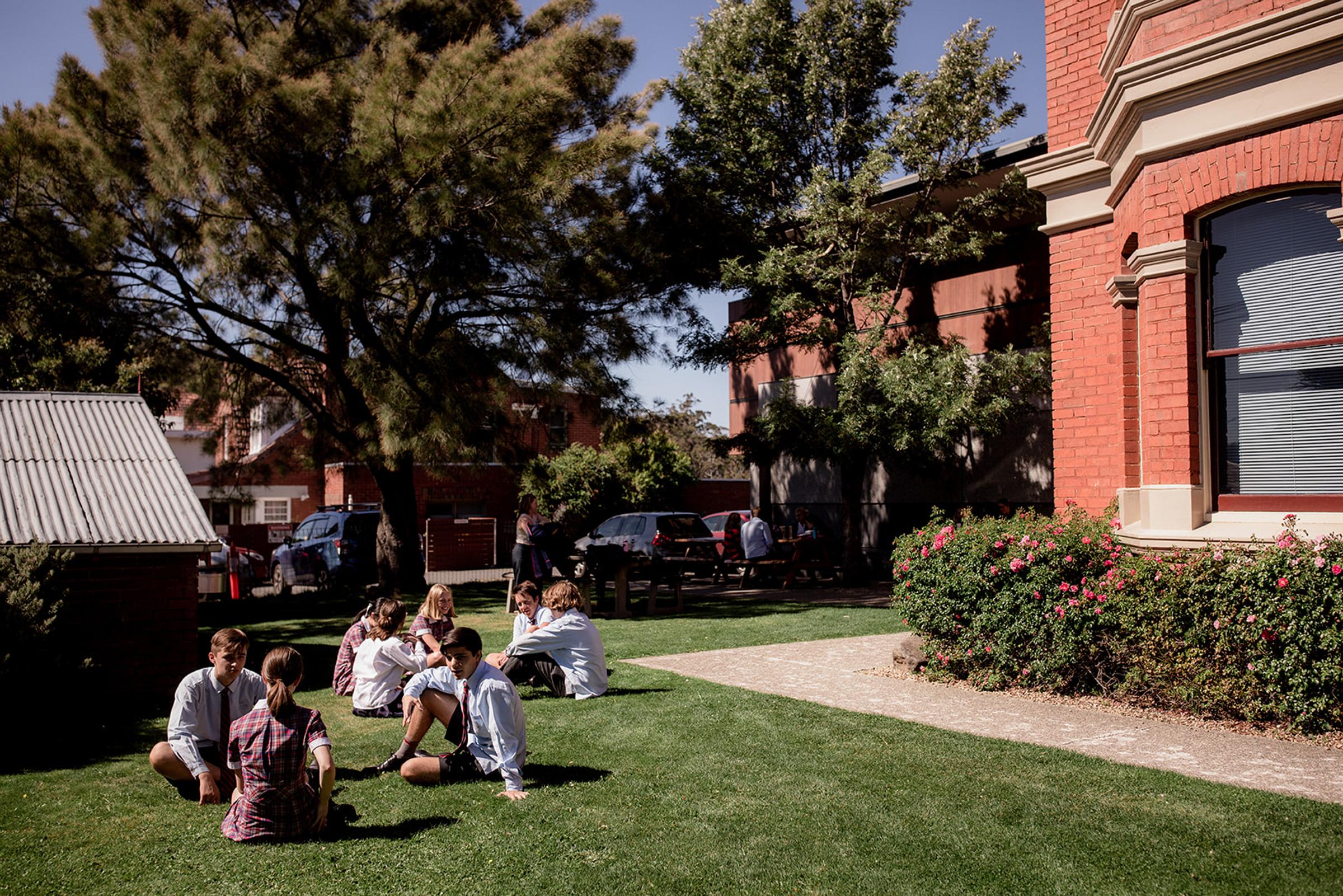TCE Studies of Religion
Level 3

TCE Studies of Religion
Level 3
| 🎓Course Type | Pre-tertiary |
|---|---|
| TASC Code | REL315116 |
| TCE Points | 15 |
| ⏱Hours | 150 |
| ✔️Standard | Reading and Writing (Literacy) |
| 📚Prerequisites | NA |
📎Desirable prior experiences | nil |
| 📝Assessment | Internal - ongoing against criteria 3 Hour exam. |
What will I learn?
Studies of Religion intends to expand learners’ knowledge and understanding of religious diversity and the role that religion plays in society and in many people’s lives in Australia in the 21st century. Through the study of the search for meaning, at least two religious traditions and a depth study, learners will engage with key facets of religion such as:
This course is based on the following pre-suppositions:
| Introduction to the study of religion |
| Study 1: Religious Traditions and Beliefs |
| Study 2: Significant Challenge and Change (Historical to the Contemporary) |
| Study 3: Ethics and Morality |
| Study 4: The Search for Meaning OR Ultimate Questions |
Why should I consider this course?
What Skills does this course provide?
• Analytical thinking and innovation
• Active learning and learning strategies
• Complex problem solving
• Critical thinking and analysis
• Creativity, originality and initiative
• Leadership and social influence
• Resilience, stress tolerance and flexibility
• Reasoning, problem-solving and ideation
• Persuasion and negotiation
• Communication
• Written comprehension
• Judgement and decision-making
• Reading and oral comprehension
• Multitasking
• Empathy
• Social perceptiveness
• Attention to detail
• Problem-solving
• Active listening
What Pathway Options does this course provide?
The skills developed during this course help prepare students for a number of University and non-University pathways which can lead to careers and employment in areas such as:
Historian, Cultural Heritage Officer, Economic Historian, Geographical Historian, Teacher (Primary, Secondary) University Lecturer/Academic, Screenwriter, Playwright, Media Advisor, Communications Officer, Publishing Editor, Fact-checker, Publisher, Writer/Author, Journalist, Lawyer, Solicitor, Criminologist, Conservator, Management Consultant, Manager Human Resources, Policy Advisor, Policy and Planning Manager, Policy Analyst, Political Scientist, Foreign Affairs and Trade officer, Parliamentarian, Business Consultant, Resource Economist, Community Worker, Social Researcher Counsellor, Student Advisor, Psychiatrist, Psychologist, Welfare Case Manager, Welfare Worker, Youth Worker, Social Work.